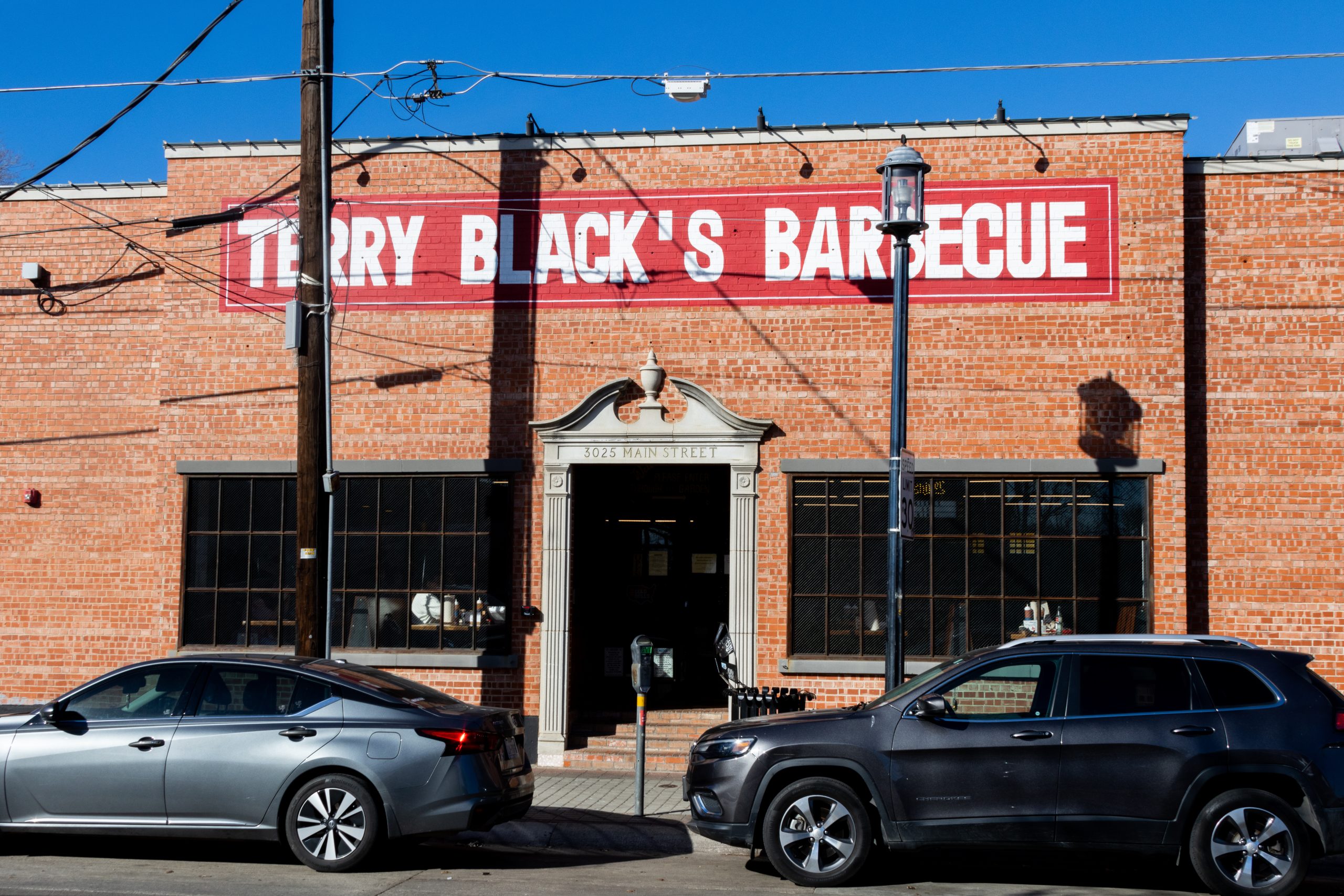In the rapidly evolving landscape of data center services, change is inevitable. With QuadraNet closing its downtown LA operations, many businesses are now searching for reliable alternatives to ensure continuity and growth. At LinkSecured, we understand the importance of seamless transitions and are here to provide a comprehensive solution for your colocation needs in Los…
Blog
Colocation in Dallas: Scaling Modern Enterprises Efficiently
The Dallas area has rapidly become a magnet for modern enterprises seeking innovative solutions to scale and optimize operations. The city’s strategic advantages make it an ideal location for businesses aiming for sustained growth. One key driver behind this momentum is the availability of colocation services. Let’s explore how colocation supports scaling for modern enterprises…
Why Dallas’ Tech Scene Relies on Colocation
Dallas, Texas, is quickly emerging as a significant tech hub in the United States. The city’s strong business environment, strategic location, and rich talent pool have drawn numerous tech companies. One crucial element propelling this growth is colocation services. Let’s explore why Dallas’ tech scene relies heavily on colocation. The Tech Ecosystem in Dallas Dallas…
The Economic Impact of Tech and Colocation in Dallas, TX
Dallas, Texas, is experiencing a technological surge that is transforming its economy. The city is attracting tech companies from across the globe with its blend of skilled labor, robust infrastructure, and business-friendly environment. One critical pillar behind this economic shift is colocation. Let’s explore how tech and colocation services are having a significant economic impact…

Best Places to Live in Dallas for Tech Professionals
Dallas, Texas, is fast becoming one of the top destinations for tech professionals. With its booming tech industry, vibrant culture, and business-friendly environment, the city offers numerous opportunities for career growth and a high quality of life. If you’re in tech and considering a move to Dallas, you may wonder where the best places to…

Best Places to Have Fun if You’re Single in Dallas
Dallas, Texas, offers a vibrant social scene perfect for singles, especially for those in the tech industry. Whether you’re new to the city or a long-time resident, Dallas has a variety of places where you can network, relax, and have a great time. Here’s a guide to some of the best places to have fun…

The Tech Industry in Dallas: 2024 and Beyond
The Big D has rapidly become one of the most exciting tech hubs in the United States. With a business-friendly environment, strategic location, and talent-rich ecosystem, the city is poised to continue its upward trajectory in the tech industry. As we look ahead to 2024 and beyond, let’s explore the factors driving this growth and…

Shared Work Spaces in Dallas: A Hub for Innovation and Collaboration
Dallas is booming as a tech hub, attracting a diverse range of startups, freelancers, and established companies. One factor fueling this growth is the availability of shared workspaces. These environments offer flexibility, community, and the resources that modern professionals need to thrive. Click here for more information on how we can help your business. Benefits of…
In-House Expertise and Support in Phoenix
Phoenix’s colocation centers are staffed with experienced professionals dedicated to maintaining optimal data center operations. These experts are key to ensuring that your servers run efficiently, providing the support needed to keep your business operations smooth and uninterrupted. Skilled Professionals The strength of Phoenix services lies in the expertise of their in-house teams. These professionals…
Adapting to Future Tech Needs with Phoenix Colocation
The technological landscape is in a constant state of flux. Businesses need solutions that offer the adaptability to keep pace with these changes. Colocation services in Phoenix provide the flexibility required to meet evolving business demands, ensuring your infrastructure grows seamlessly alongside your enterprise. Scalability for Growth As your operations expand, the need for scalable…

